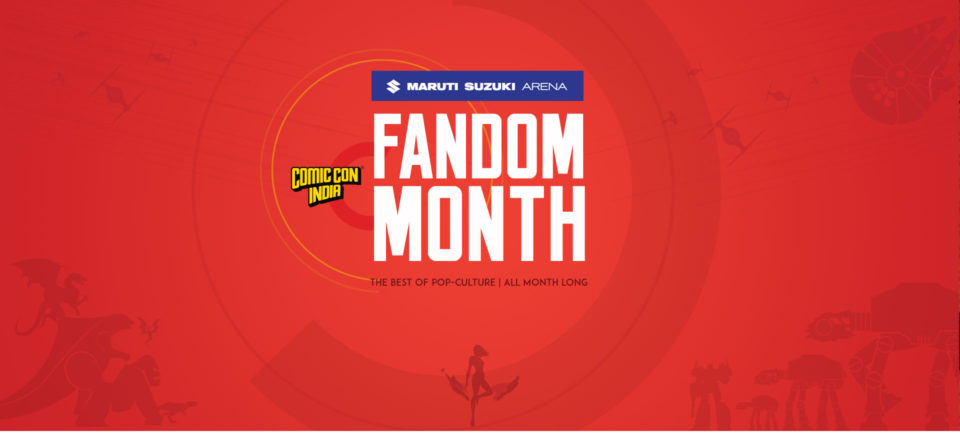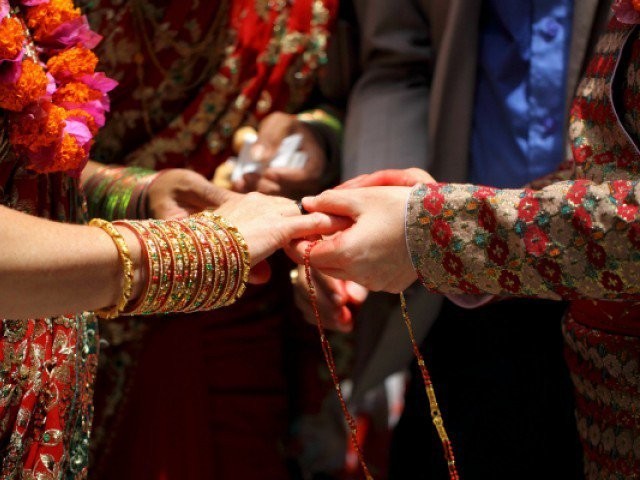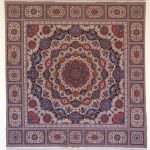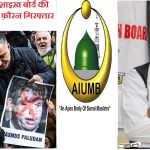Click Tv
The focus on conflict between state and non-state actors in Kashmir hides the social divisions within Kashmir.
For the last three years, Fazil Jeelani (all first names changed) has been looking to get married. The 33-year-old from Hyderpora, Srinagar, in Kashmir has all the qualifications required to take the plunge. He is well settled in life with a big house and a flourishing business. He is quite handsome too – tall and barrel-chested. But things haven’t been moving forward.
It isn’t that Jeelani is waiting to fall in love. He is okay with an arranged marriage. But every time there is a marriage proposal his mother finds a reason to reject it. “Now I’m so tired of it that I tell people I’m just the groom, my mother is the one really getting married,” he says with a grin on his face.
Back in college, Jeelani was in love with a girl. The relationship lasted six years. In all that time, he did not tell his parents about his relationship. But when the girl’s parents decided to look for a husband for her, Jeelani finally had no option but to ask his family to send a proposal to the girl’s house, as is the custom. But Jeelani’s mother rejected the idea outright without even seeing her once. The reason?
The girl her son was in love with belonged to a ‘lower caste’ and that was unacceptable to Jeelani’s mother. “I tried to reason with my mother for months but she didn’t want to listen. For her, caste was more important than anything else. What will I tell our relatives? she would say,” Jeelani said.
Jeelani submitted to his mother’s wishes and broke off the relationship. The girl was married off a year later. While Jeelani has given in to his mother’s fixation with caste, from time to time what still angers him is how she uses Islam, “a religion founded on the basis of egalitarianism to justify it.”
Caste hierarchies among Kashmiri Muslims
Contrary to the outsider’s notion that caste plays no role in Kashmir’s Muslim majority society, particularly in the Valley, the reality is quite the opposite and complex. The renowned Kashmiri sociologist and former head of Kashmir University’s sociology department, late Bashir Ahmed Dabla, in his book titled Directory of Caste in Kashmir writes:
“(T)here prevails an unrealistic notion among some individuals and groups that caste as a working social institution does not exist in this society. But that does not stand as a social reality. The actual reality is caste as a functional social institution prevails in Kashmiri society.”
Dabla adds that even if caste does not exist in any ideal Hindu varna sense in Kashmir, it is still very significant.
In his book, which is perhaps the only academic reference point for caste in Kashmir, Dabla attempts to explain the complex nature of caste in Kashmir. He has classified Kashmiri castes into three different groups. At the top are the ‘Syed castes’ – Geelani, Jeelani, Andrabi, Qadri, Hamdani, Bhukhari, Shah and others. Syeds claim to be the descendants of the family of the prophet. It is believed that Syeds came into Kashmir from Central Asia in the early 14th century and spread Islam in the region. Consequently, they have a somewhat proprietary attitude towards Islam in Kashmir.
This group is followed by the ‘occupational castes’ which include surnames like Wani, Zargar, Bhat, Naqash, Lone, Khandey, Ahangar and others. While Syed castes are a representative of the different tribes they belong to, this is not the same with occupational castes. These surnames denote only the occupations they or their ancestors had taken up. For instance, Zargar means goldsmith in Kashmiri and the bearer of this caste name would be someone who is either currently in this occupation or has descended from a family of goldsmiths.
At the bottom of Dabla’s caste hierarchy are the ‘service castes’ with names like Hanjis (people living in houseboats), Waza, Gilkar, Sofi, Dobi, Ganie, Bangi, or Sheikh. These are generally landless people, or those whose occupations are considered menial. Sheikh is an interesting caste here. If this title is used as a prefix it indicates the person has descended from Brahmin landlords like the National Conference party leader Sheikh Mohammad Abdullah. If, however, Sheikh is used as a surname, this indicates belonging to the sweeper community.
Even though the existences of caste as a social institution in the society is widely denied, perhaps because it contradicts the core beliefs of Islam, it is an open secret within the community. The role of caste in Kashmiri society comes to the surface at important social functions like marriages. Syeds rarely marry people from occupational castes. And similarly, those belonging to occupational castes refrain from marrying into service castes.
Source: https://m.thewire.in/article/caste/caste-away-love-caste-bias-works-kashmir









